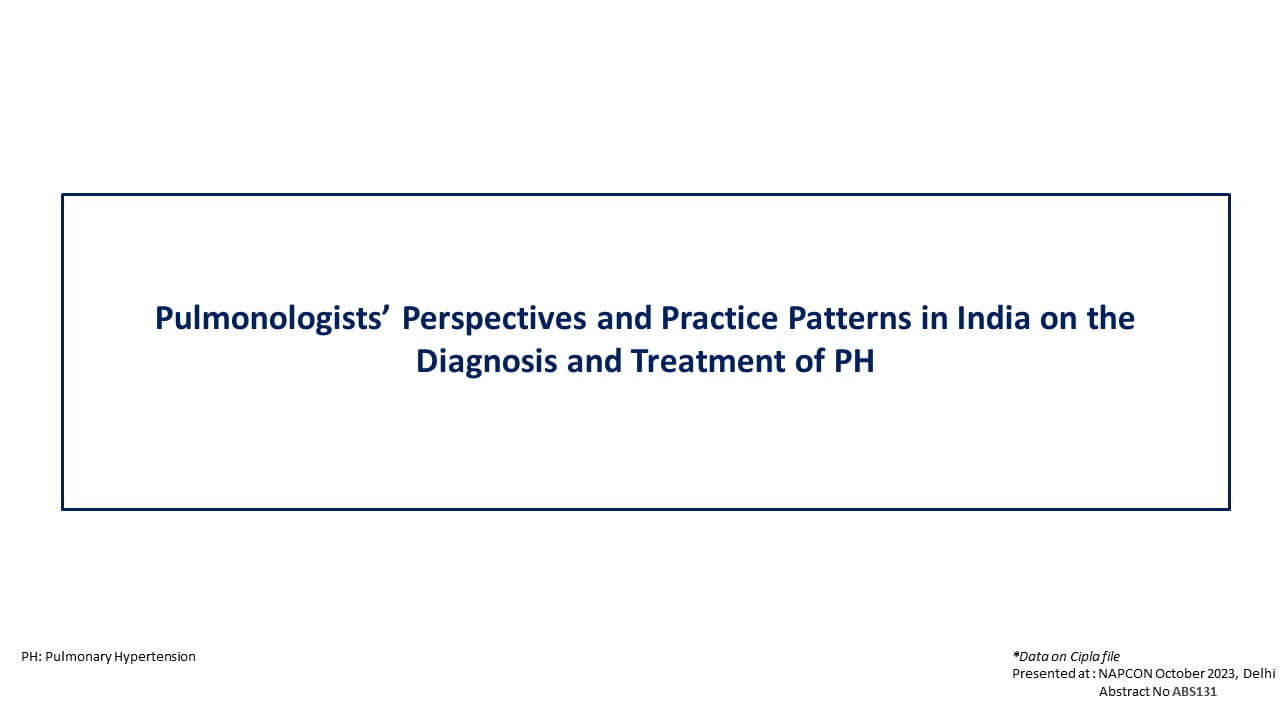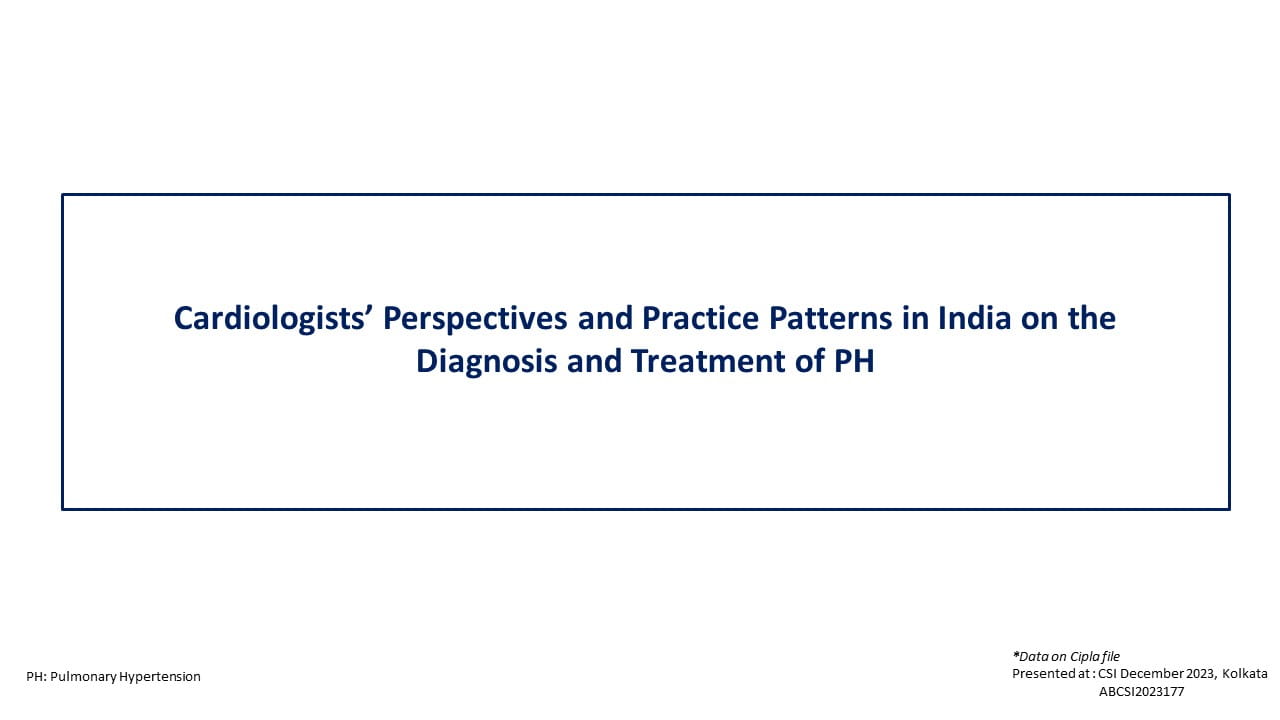Introduction
Polycystic ovarian syndrome (PCOS), an endocrine-metabolic disorder is characterized by wide hormonal disturbances. Presence of at least 2 key features (menstrual cycle disturbances, hyperandrogenism, infertility or polycystic ovaries detected in ultrasound) are diagnosed as PCOS. A proportion of patients have an impaired glucose tolerance test, elevated triglycerides and low-density lipoprotein cholesterol and reduced high-density lipoprotein cholesterol. Oral contraceptives are useful in regulating the menstrual cycle and treating hyperandrogenism. Metformin has beneficial effect in the serum lipids, increases insulin sensitivity and reduces the manifestation of hirsutism.
Aim
This study illustrates the clinical and biochemical effects of ethinyl estradiol-cyproterone acetate (EE+CPA) and metformin in women with PCOS.
Method
Study Design
- Randomized controlled study
Inclusion Criteria
- Women with a confirmed diagnosis of PCOS
- Age between 14 to 40 years
Treatment Strategy
- Medical history, duration and type of infertility, acne, hirsutism, body mass index (BMI), waist and hip circumference was recorded
- Blood samples were drawn to estimate the serum testosterone and serum lipids
- A 2-hr oral glucose tolerance test (OGTT) was done
- Cohort was randomized into 2 groups
- Group 1 received metformin 500 mg twice daily
- Group 2 received EE 35 µg+CPA 2 mg for 21 days followed by 7-days drug-free interval
- The treatment continued for 3 months
End Points
- Waist-to-hip ratio (W/H ratio)
- BMI
- Glucose impairment assessed by glucose tolerance test (GTT)
- Serum testosterone levels
- Serum lipids
- Menstrual cycle regulation
- Hyperandrogenism
Results
- The comparison of clinical parameters before and after treatment in both groups is shown in table 1.
- Infertility outcomes, GTT and BMI were improved in group 1, whereas group 2 demonstrated more improvement in menstrual cycle control, hirsutism and acne
|
Clinical parameters |
Group 1 (n=16) |
Group 2 (n=10) | ||
|
|
Baseline |
Post-treatment |
Baseline |
Post-treatment |
|
BMI (kg/m2) |
27.226+5.443 |
26.122+5.534 |
30.498+5.307 |
29.580+5.021 |
|
W/H ratio |
0.7728+0.055 |
0.7758+0.058 |
0.836+0.073 |
0.839+0.084 |
|
Infertility |
16 |
5 pregnant |
4 |
1 pregnant |
|
Abnormality of menstrual cycle |
14 |
9 improved |
8 |
6 improved |
|
Mean Hirsutism F-G (Ferriman & Gallwey) score |
10.1 |
9.2 |
9.3 |
7.9 |
|
Acne |
4 |
2 improved |
5 |
4 improved |
- Group 1 demonstrated significant increase in serum high density lipoprotein cholesterol (HDL-C) levels (P=0.006), a decrease in the level of triglyceride (TG) (P=0.006) and significant reduction in the levels of very density lipoprotein cholesterol (VLDL-C) (P=0.006) as seen in table 2.
- Group 2 had a significant increase in serum TG levels (P=0.01), and a significant decrease in serum LDL-C (P=0.04). Hirsutism and acne also improved in EE-CA treated group much more than in the metformin group.
|
|
Group 1 (n=16) |
Group 2 (n=10) | ||||
|
|
Before treatment |
After treatment |
P value |
Before treatment |
After treatment |
P value |
|
Total cholesterol |
149.43+36.89 |
144.64+32.99 |
0.054 |
155.85+40.42 |
145.71+38.18 |
0.546 |
|
HDL-C |
35.36+7.63 |
39.78+7.43 |
0.006 |
38.14+11.74 |
36.83+46.33 |
0.457 |
|
LDL-C |
133.22+47.29 |
126.93+41.00 |
0.147 |
115.14+37.77 |
98+29.96 |
0.04 |
|
TG |
110.36+16.19 |
95.72+16.62 |
0.006 |
90.86+18.54 |
92.86+13.27 |
0.01 |
|
VLDL-C |
22.07+11.23 |
19.14+12.52 |
0.006 |
22.97+16.11 |
17.57+6.65 |
0.457 |
Conclusion
- Treatment with ethinyl estradiol + cyproterone acetate had better clinical outcomes than metformin with respect to control of menstrual cycle regulation and hyperandrogenism.
- Metformin, on the other hand, showed beneficial effects on serum lipids; improving glucose tolerance; reducing body weight and improve conception in PCOS cases.
Diabetes Metab Syndr. 2016 Jan-Mar;10(1 Suppl 1):S95-8. Doi:10.1016/j.dsx.2015.10.001.










